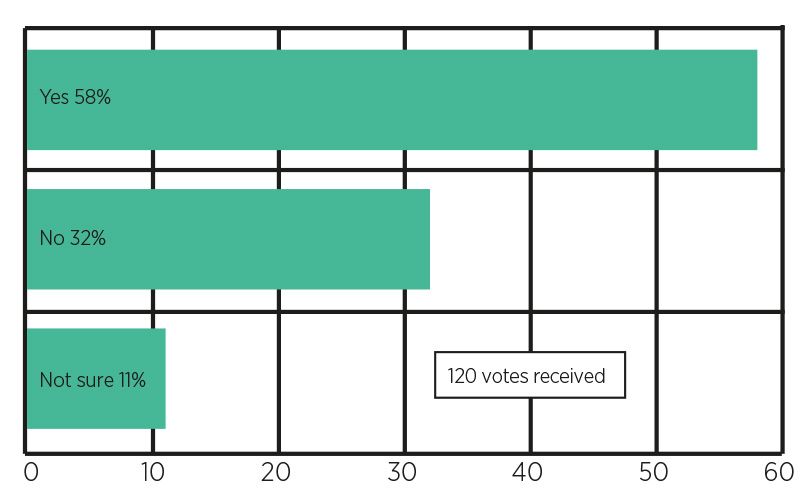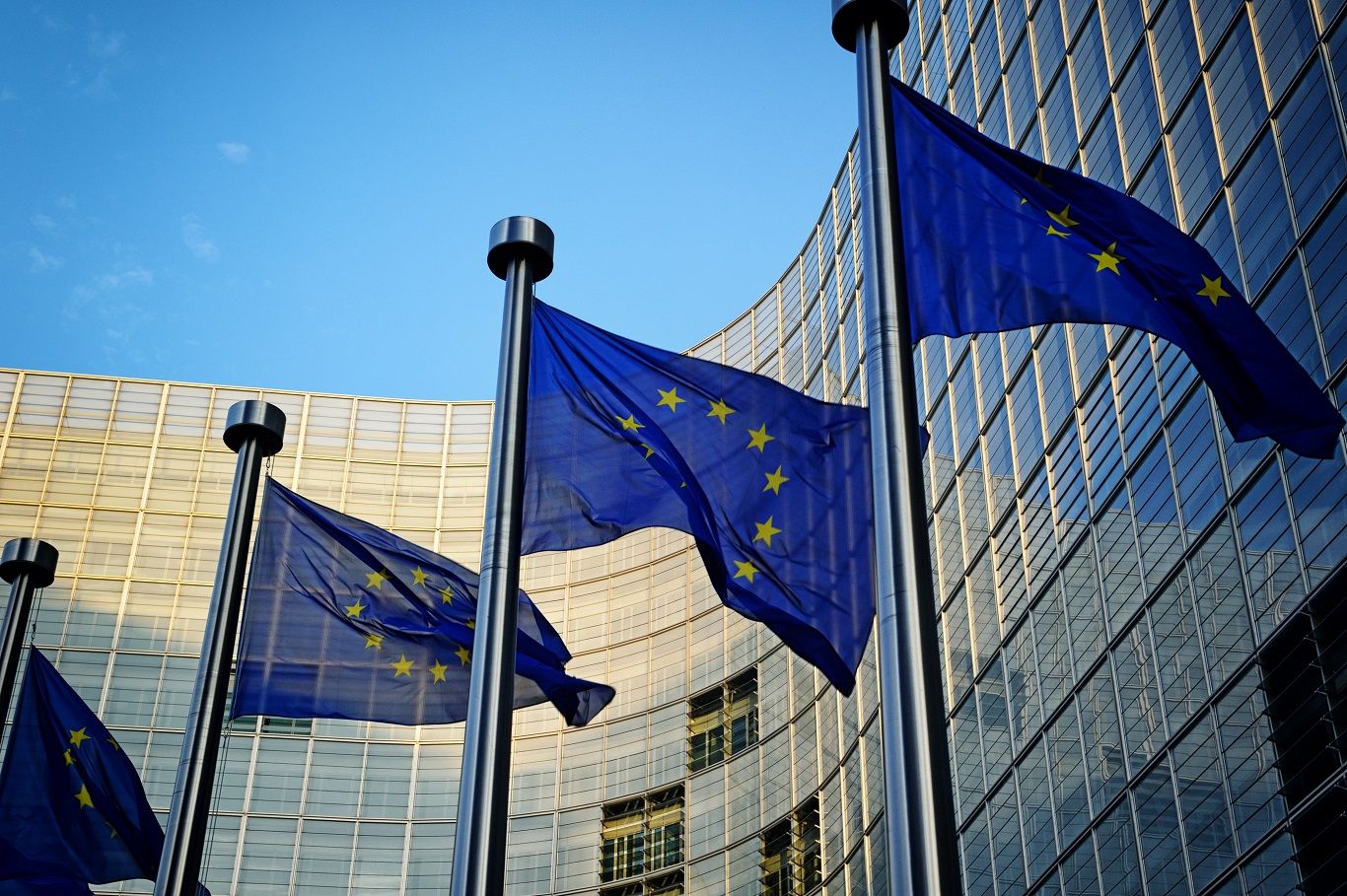The European Parliament has approved nuclear energy and gas power to be classed as sustainable investments under the bloc’s green taxonomy amid much controversy.
Yesterday, 328 of the 639 members of the European Parliament (MEPs) present voted against blocking the use of nuclear and gas in the taxonomy.
It was the last chance to reject their inclusion in the framework, save for the unlikely scenario of 20 of the EU’s 27 member states going on to oppose the move.
The first formal steps to adding the energy sources was via draft regulation, known as a complementary delegated act (CDA), published by the European Commission on 31 December last year. The proposal, which has caused heated debate on what should and should not be classed as sustainable, can now be passed into law.
Protestors in the chamber during the vote reacted by displaying T-shirts spelling out “betrayal”. They received applause from some MEPs.
Inclusion controversy
Both gas and nuclear have had fervent opponents. Austria and Luxemburg have been very vocal against nuclear being labelled as sustainable and threatened legal action should the CDA be accepted, while a broad church of states and civil society groups have spoken out against a sustainable label for gas.
Gratien Davasse, green and sustainable finance expert at Natixis CIB Green & Sustainable Hub, said most of the IPCC’s scenarios for not exceeding 1.5C involve nuclear as part of the energy mix, however, he does not think gas should have been voted on alongside nuclear.
“Gas should not be considered a green energy or transitional energy. But in the context of the CDA… the criteria are sufficiently stringent that no gas infrastructure would be eligible [as a sustainable investment.]”
Davasse explained no gas-fired power plant could currently claim to be aligned with the criteria for inclusion in the taxonomy, including being able to guarantee it will be powered 100% by bio gas in 2035.
He described associating gas and nuclear in the vote as “a bit weird.”
Davasse also said the issues had been “complicated” by Russia’s invasion of Ukraine in February, which meant European states were weighing foreign policy considerations when they voted on the green taxonomy.
In June CEOs of the Institutional Investors Group on Climate Change, Principles for Responsible Investment and UK Sustainable Investment and Finance Association (UKSIF) wrote an open letter to then-UK prime minister Boris Johnson urging him not to include natural gas in the UK’s green taxonomy.
Writing for ESG Clarity, UKSIF CEO and ESG Clarity Committee member James Alexander said: “The taxonomy risks shifting from being based on science and not supporting the UK’s ambitious net-zero strategy and 2050 objective.”
According to Euractiv, a letter from Ukraine’s energy minister, German Galushchenko, to senior MEPs earlier this week requested they support labelling gas and nuclear as green energy.
The minister said Ukraine will need a “predictable and conducive investment climate for all technologies”, including gas and nuclear, in the post-war reconstruction of the country, Euractiv reported.
However, others, including Ukrainian activists and politicians, have called the inclusion of gas in the taxonomy a “gift to Putin.”
Johannes Schroeten, policy advisor, E3G said the outcome of the vote yesterday will negatively impact the whole green taxonomy project.
“Financial markets, European citizens and the EU’s own climate bank have made perfectly clear that taxonomy’s usefulness will be severely implicated by labelling gas and nuclear as green.
“But vested interests seem to have gotten the upper hand. The EU has now set a dangerous precedent of low ambition for other countries and jurisdictions to follow.”
In a statement published after the vote though, Nathan Fabian, chair of the EU Platform on Sustainable Finance, an advisory board to the European Commission, said the framework will still be useful.
“While many will disagree with the parliament on the new complementary criteria, and particularly the inclusion of fossil gas, the fact is that the EU taxonomy will continue to be an essential part of the path to net zero.
“The taxonomy offers investors a shopping list for a sustainable future, but that doesn’t mean that investors need to buy everything it offers.”
Fabian wrote that investors will need to use the “guardrails” of their decarbonisation goals, a science-backed net-zero pathway and a commitment to a rapid and just transition when using the new criteria for investment decisions.
Last week, ESG Clarity asked its LinkedIn audience whether they think nuclear should be included in green taxonomies in a poll. The results show followers’ views are quite mixed:









